COLLOQUIUM: The Subject of Injustice

COLLOQUIUM: THE SUBJECT OF INJUSTICE
Bethania Assy (Pontifical Catholic University of Rio de Janeiro, Brasil)
Vera Karam de Chueiri (Federal University of Paraná, Brazil)
Commentator: Jay M. Bernstein (New School for Social Research)
The Subject of Injustice: Radicalizing a Philosophical Grammar
Bethania Assy
This paper offers a theoretical approach to injustice. The problem stems from the gap left open by the two main approaches to justice, which have defined the dominant vocabularies of late modernity: one that absorbs the multiplicity of anthropoi into a unified humanity and one that classifies each one in terms of pre-defined identity. In both approaches, the archetypal morphology of the rule of law reproduces a representational schema where concrete experiences of social injustice are not allowed to introduce an unpredictable singular event of social injustice. To recover what is lost between these two dichotomic normativities and to articulate an alternative understanding of justice—one that flows from the simultaneous singularity and communality of self-(en)acting subjectivity resulting from suffering social injustice—I propose that we take the concrete experiences of the subjects of social injustice as our prioritized lenses. This entails asking: how does their production of knowledge radicalize a certain philosophical grammar implicated in dealing with justice?
The Subject of Injustice: Radicalizing Constitutional Theory
Vera Karam de Chueiri
This paper proposes a radicalization of the constitution as a political and juridical idea and practice. Radicalizing the constitution involves an understanding of it as an event in a noisy relationship between promise and effectiveness, potentiality and actuality, political action and constituted order, democracy and constitutionalism. But more than understanding the constitution as emerging from such dichotomies, it is necessary to internalize this noise in political and judicial practices so that everyone’s commitment to democracy and constitutionalism can be deepened. This means the impact of the notion of a radical Constitution on the daily exercise of fundamental rights, mediated by institutions such as constitutional jurisdiction, parliament, and other deliberative bodies—as well as what goes beyond institutions, such as the people in their performance and the timing of events. There are no quiet gears in the engine room of constitutional democracy. The radical constitution (promise and effectiveness, actuality and potentiality, constituent and constituted) and its claim to serve as a trigger for political action embodies the subject of injustice. Radicality is defined in non-essentialist terms because it is rooted in radical action; it is diffusive, radiating, contagious, mobilizing subjects and their bodies in their transformative political action. The notion of radicality also responds to the radicality of precariousness that deprives lives and rights in a way that does not produce a normative language of politics that further deprives the resistance of these same bodies and individuals—a danger of all revolutionary action.

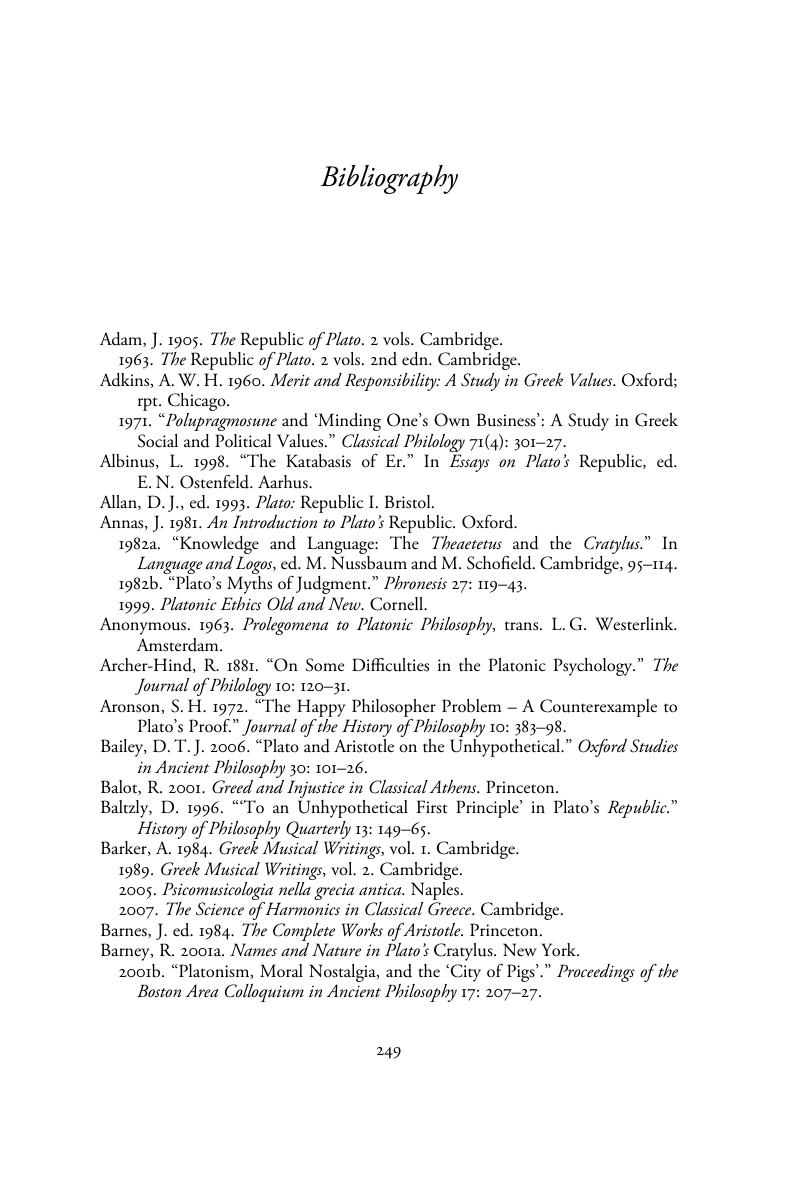


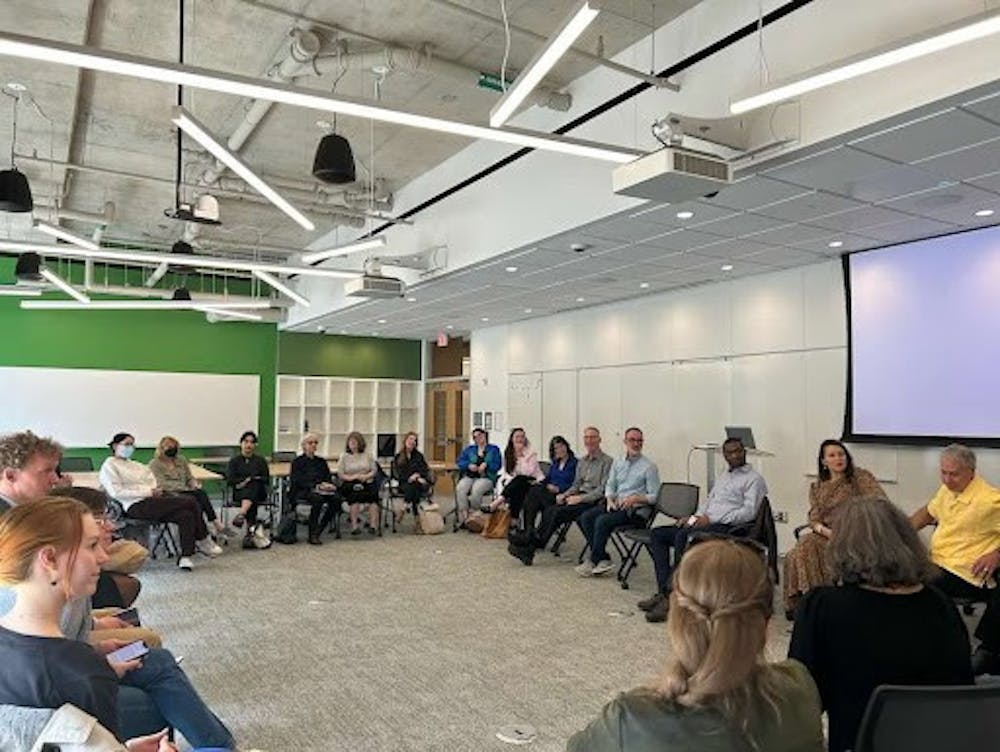
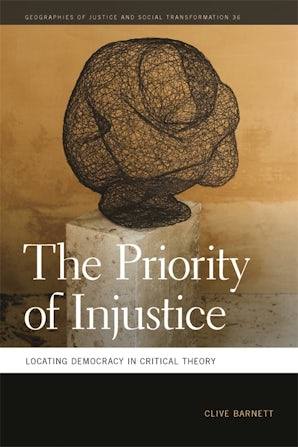



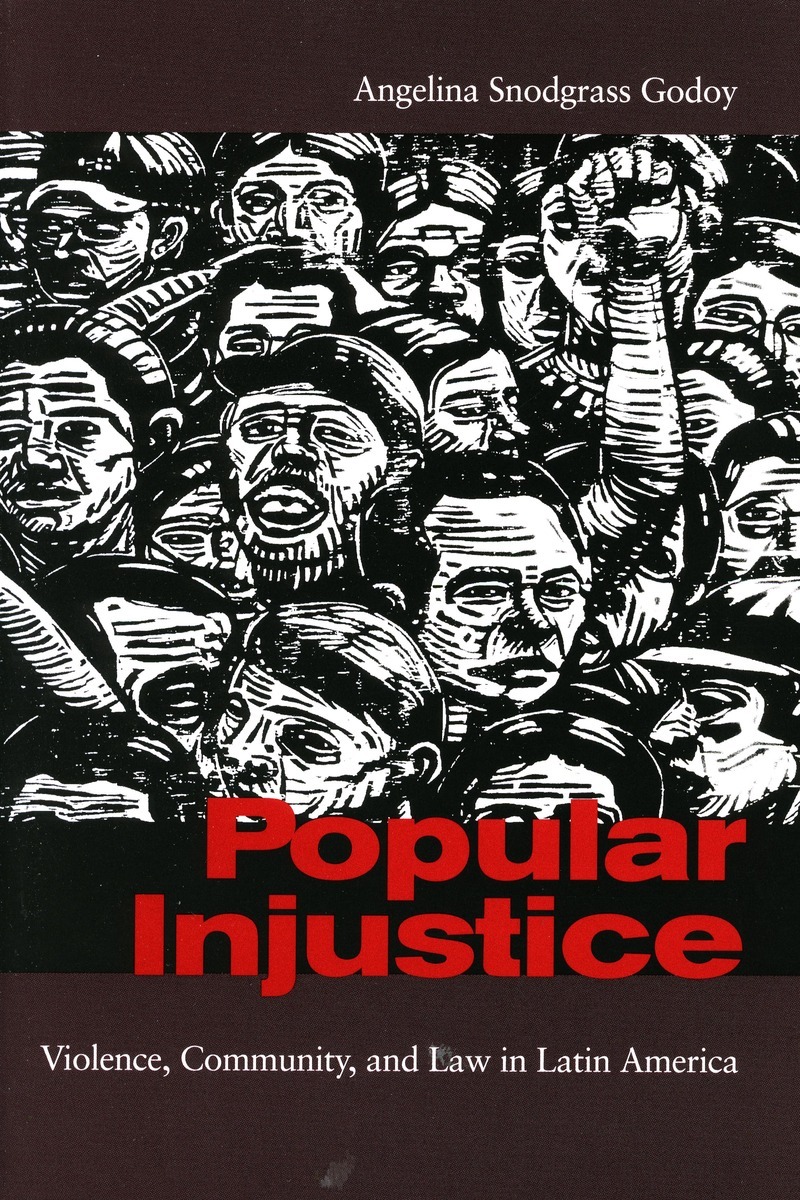
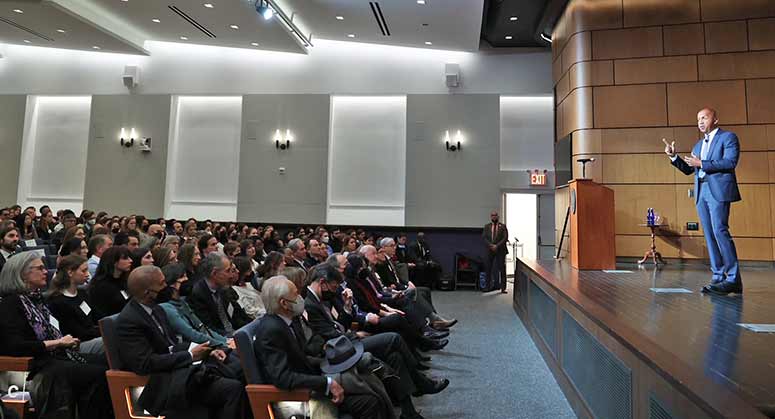


-
 Bellator MMA on X: Here's how to watch #BellatorvsRIZIN all over the world. 🌍 This historic event will be on at a special time on @SHOSports 8pm ET/PT Where will you be10 março 2025
Bellator MMA on X: Here's how to watch #BellatorvsRIZIN all over the world. 🌍 This historic event will be on at a special time on @SHOSports 8pm ET/PT Where will you be10 março 2025 -
Our video for @coldplay “MY UNIVERSE” is hitting prime time TV, TONIGHT at 8pm ET on FOX for the @iheartradio awards! Directed by…10 março 2025
-
 Toby fox @tobyfox DELTARUNE Chapter 2 will release at ET on Thanks for waiting. CHAPTER 2 EST 29.6K Retweets 8,212 Quote Tweets 68.3K Likes - iFunny Brazil10 março 2025
Toby fox @tobyfox DELTARUNE Chapter 2 will release at ET on Thanks for waiting. CHAPTER 2 EST 29.6K Retweets 8,212 Quote Tweets 68.3K Likes - iFunny Brazil10 março 2025 -
 Bernie Sanders, 21yo in civil rights protest gets removed by Chicago PD - WE MUST END THE A II LIVE ADDRESS oF BIG PHARMA SEN. BERNIE SANDERS TONIGHT ET - iFunny Brazil10 março 2025
Bernie Sanders, 21yo in civil rights protest gets removed by Chicago PD - WE MUST END THE A II LIVE ADDRESS oF BIG PHARMA SEN. BERNIE SANDERS TONIGHT ET - iFunny Brazil10 março 2025 -
 NFL's Global Expansion Plans: Brazil and Spain in Focus – The Sports Cast10 março 2025
NFL's Global Expansion Plans: Brazil and Spain in Focus – The Sports Cast10 março 2025 -
 Huge stash of Nazi memorabilia found at home of alleged pedophile in Brazil10 março 2025
Huge stash of Nazi memorabilia found at home of alleged pedophile in Brazil10 março 2025 -
 Mastering Brazilian Jazz Drumming: Workshop + Q&A with Edu Ribeiro10 março 2025
Mastering Brazilian Jazz Drumming: Workshop + Q&A with Edu Ribeiro10 março 2025 -
ONE Championship Sees Major Growth Opportunity With Prime Video Broadcast Partnership10 março 2025
-
 Where to find Colombia vs. Brazil on US TV and streaming - World Soccer Talk10 março 2025
Where to find Colombia vs. Brazil on US TV and streaming - World Soccer Talk10 março 2025 -
 Bonne et Belle's One Year Anniversary Open House10 março 2025
Bonne et Belle's One Year Anniversary Open House10 março 2025
-
Scarecrow Nightmare Missions trophies in Batman: Arkham Knight10 março 2025
-
 Murder Mystery 2 Script – Juninho Scripts10 março 2025
Murder Mystery 2 Script – Juninho Scripts10 março 2025 -
 Is Dragon's Dogma REALLY the Best Game Ever?10 março 2025
Is Dragon's Dogma REALLY the Best Game Ever?10 março 2025 -
 Rei,Saeko and Saya10 março 2025
Rei,Saeko and Saya10 março 2025 -
 Muro de pedra em Franca e redondezas. Resistência e segurança10 março 2025
Muro de pedra em Franca e redondezas. Resistência e segurança10 março 2025 -
 Alola Pokédex 99%10 março 2025
Alola Pokédex 99%10 março 2025 -
Miraculous Ladybug Kwami Sparkle Eyes Plush : Target10 março 2025
-
 Arthur Melo - Wikipedia10 março 2025
Arthur Melo - Wikipedia10 março 2025 -
 Coinminer Malware Distributed via Discord - ASEC BLOG10 março 2025
Coinminer Malware Distributed via Discord - ASEC BLOG10 março 2025 -
 Far Cry 6 Getting New Free Trial10 março 2025
Far Cry 6 Getting New Free Trial10 março 2025



